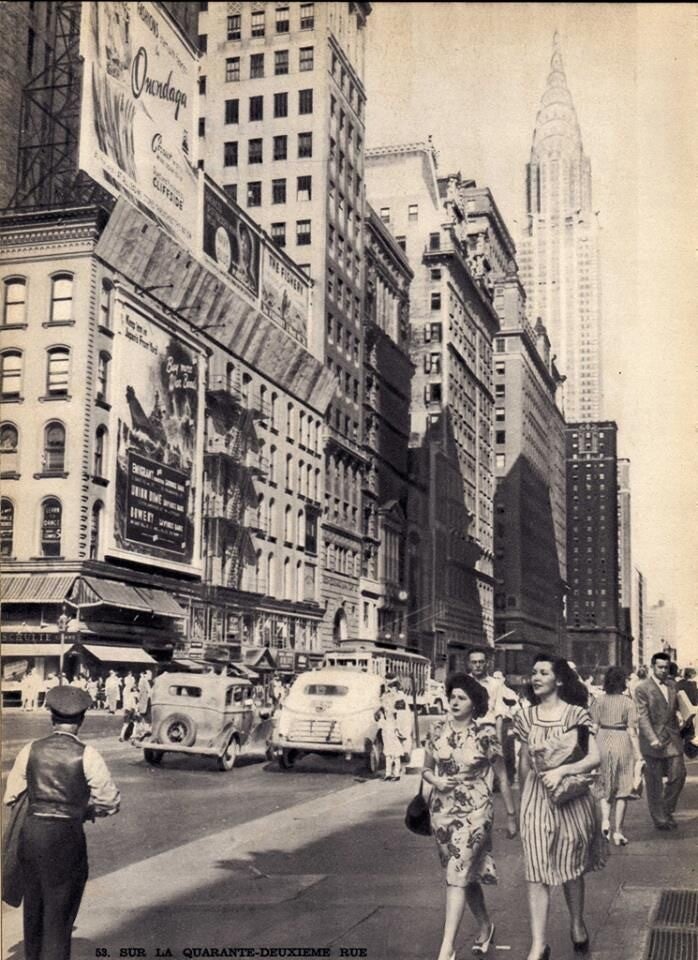
Breakfast at Tiffany's- Truman Capote
It's Andrea! Earlier this week I finished "Breakfast at Tiffany's" by Truman Capote and I want to talk about how beautiful of a commentary it is, on the way we as humans connect and flourish. The novel reminds us that happiness is not always guaranteed nor is it simple to preserve.
Capote's novella is a brilliant exploration of identity, belonging, and liberation.
Set in 1940s New York, the story introduces us to a nameless narrator, used to fully immerse the reader into the story and allow us to connect to the main woman. Holly Golightly, a captivating woman who flows through life with full independence and a need for something just out of reach- though she's unsure what that is. Capote
crafts a narrative that invites readers to wonder about human connection and our relationships.
Holly's character is the focus of the story. She's a symbol of independence but also has a contradictory sense of reliance. She's known by many, but understood by no one in her phony glittering world. Her apartment parties, her expansive circle of acquaintances (predominantly men), her stories with just enough information to cause interest but not enough for her secrets to be spilled- they all contribute to her carefully constructed and enigmatic image.
However, through the narrator's storytelling we discover vulnerability and a fear of being caged. This duality makes Ms.Golightly both fascinating and relatable, as we explore her desire for freedom and her need for security.
Capote's novel offers a stunning portrayal of the challenges faced by women in the 1940's (and even now), subtly critiquing the limited roles available to them. Holly's rejection of conventional paths- marriage and domesticity- positions her as a fairly feminist figure. Even when offered a job in Hollywood, Ms. Golightly decided that her liberty holds a bigger importance. She seeked personal freedom in a world that confines women to the roles of wife or dependent. Although often speaking about marrying someone and have having many kids, her refusal to be "owned" or "named" by a man (hence the birdcage motif) is a powerful statement of self-importance. Even if her actions were sometimes morally ambiguous, Holly Golightly stuck to her beliefs and lived beautifully and independently.
However, the narrator of the novella also acknowledges the instability of Holly's position. Her reliance on men for financial support highlights the vulnerabilities women faced at the time. While she longs for independence, Holly still operated within a system that worked to the advantage of men. Despite her seeming to be in control of these men -inviting them round, kincking them out, using their money and putting each man under a spell using her charm- it is obvious that she is still playing into the system. The narrative doesn't hide away from showing the compromises and pain Holly faced in her quest for independence and explores the sacrifices that she made.
Overall, "Breakfast at Tiffany's" presents a stunning view of not only independence and freedom, but womanhood too. Holly embodies both the desire for liberation and the challenge imposed by society. Capote's novella invites the reader to consider the complexities of identity and human connection. "Breakfast at Tiffany's" focuses on how we as humans are complex creatures who each communicate in different ways and flourish under different circumstances, making it a beautiful must-read still, even today.
Add comment
Comments
Yeah, breakfast at Tiffany's and bottles of bubbles
Girls with tattoos who like getting in trouble
Lashes and diamonds, ATM machines
Buy myself all of my favourite things, yeah